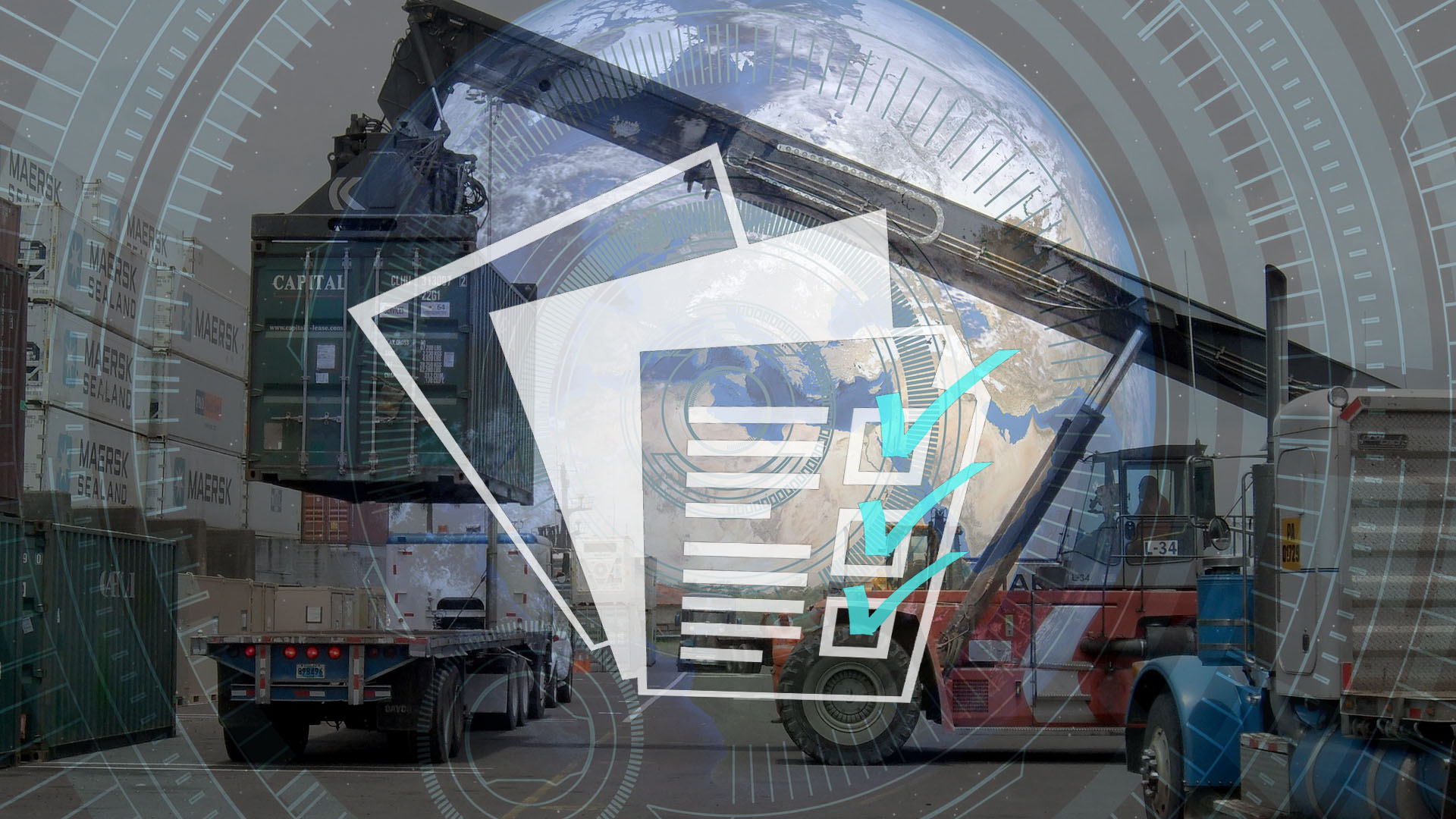In order to create a full export and/or import declaration, the customs invoice should contain the following critical information:
Basic information to include on a commercial invoice:
- Gross and net weight of goods, values and currencies by HS code (Tariff code)
- Declaration of Origin
– The Exporter of the product covered by this document, declares that, except where otherwise clearly indicated, these products are of UK Preferential Origin (EORI GB123456000)
– OR your Authorised Exporters authorisation number (AE)
– OR Non-Preferential Origin ( for example CHINA)
– If goods are from other countries they will be classed as Non-originating and any benefits of reduced import duties under the Trade Agreement will not apply - Place and Date
Signature and Name
Whilst not essential (though extremely helpful) CPCs (Customs Procedure Codes) can also be shown on the invoice for simplicity and completeness. If not shown on the invoice, however, your carrier/agent will need a separate instruction to ensure the export/import declaration is completed correctly. There are CPC codes for standard exports and CPC codes for special regimes such as Inward Processing Relief (IPR), Outward Processing Relief (OPR), Returns, Repairs – amongst others.
Getting lost in acronyms and jargon? Download our FREE International Trade Terms Jargon Buster HERE
Value
Item values are important and should be shown by HS code in order to determine what, if any, duty is payable. Some line items may not be dutiable (services, for example) so you will want to declare them correctly to avoid being charged more duty than is necessary.
In addition, if there is no value to the shipment (perhaps because your business is supplying samples or similar), the invoice should include the statement ‘Nominal Value for Customs Purposes Only’ and should contain a cost that reflects the ex-works price. There is no such thing as “Free Issue”.
Incoterms®
Incoterms® have become very important since January 1st 2021 for EU trade and need to be shown clearly on the invoice.
Find out more about the importance of incoterms HERE
When shipping on a DDP (Delivered Duty Paid) basis, there’s some extra information you’ll need to show on your invoice so that the correct process happens.
It’s because we’ll be clearing goods into free circulation in France using Europa’s Global VAT Registration and supplying goods to the consignee using an intra-community regime under the EU VAT Directive. The benefit to your customer is that they’ll simply declare the purchase in their VAT return – paying no VAT on import.
For shipping DDP, you’ll need to show:
- Name, address and UK VAT number of UK Supplier
- Name, address and VAT number of the Global VAT Representative
- Name, address and VAT number of the EU end customer
- Discharge Location/country of import (France) and final ship to location (the other EU member State – eg. Germany). If goods are destined for France, you’ll need to show Belgium as the country of import.
- VAT Exemption per Intra community Supply, Art 138 of VAT Directive
In all cases, if the goods are on the truck, they should be on the invoice!
By Mike Court, International Trade Compliance Specialist
How prepared are you for trading under the new relationship with the EU?
International Trade Matters can provide an Invoice Compliance Audit service. Get in touch today to find out more…
Want to know more?
Check out our free webinar series in which our specialists provide an overview of some key topics, or check out our Training Courses and Masterclasses

